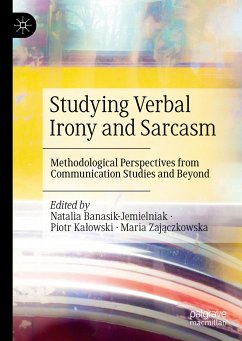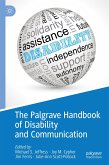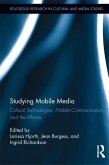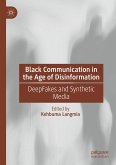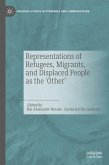-Roger J. Kreuz, Ph.D., Professor of Psychology, University of Memphis, USA
"A diverse combination of theoretical and empirical chapters focused on verbal irony in different contexts, cultures, and languages. The diversity of the content is united by a drive for methodological quality and innovation, including a need to centre verbal irony research within a multilingual, global setting. The result is an excellent resource for verbal irony researchers, both new and old."
-Stephen Skalicky, Ph.D., Professor of Linguistics and Applied Language Studies, Victoria University of Wellington, New Zealand
This volume provides a comprehensive yet accessible introduction to the phenomenon of verbal irony and sarcasm and the methodological aspects of its study. The chapters employ quantitative and qualitative measures of the use of verbal irony and sarcasm in both adults and children, with methods ranging from questionnaires and comment elicitation through experimental studies to a qualitative analysis of naturalistic data. By examining the phenomena in a range of contexts, the volume also show that cultural norms of communication may affect both the use and understanding of irony in specific ways and should therefore be taken into account in research.
Natalia Banasik-Jemielniak, Ph.D., Institute of Psychology at The Maria Grzegorzewska University in Warsaw. She studies topics at the intersection of linguistics and psychology, with a special interest in irony.
Piotr Kalowski, Ph.D., University of Economics and Human Sciences in Warsaw. His research interests focus on the individual differences in verbal irony.
Maria Zajaczkowska, Ph.D., School of Psychology at the University of Economics and Human Sciences in Warsaw. Verbal irony comprehension and use have always been a major focus of her research interests.
Dieser Download kann aus rechtlichen Gründen nur mit Rechnungsadresse in A, B, BG, CY, CZ, D, DK, EW, E, FIN, F, GR, HR, H, IRL, I, LT, L, LR, M, NL, PL, P, R, S, SLO, SK ausgeliefert werden.

